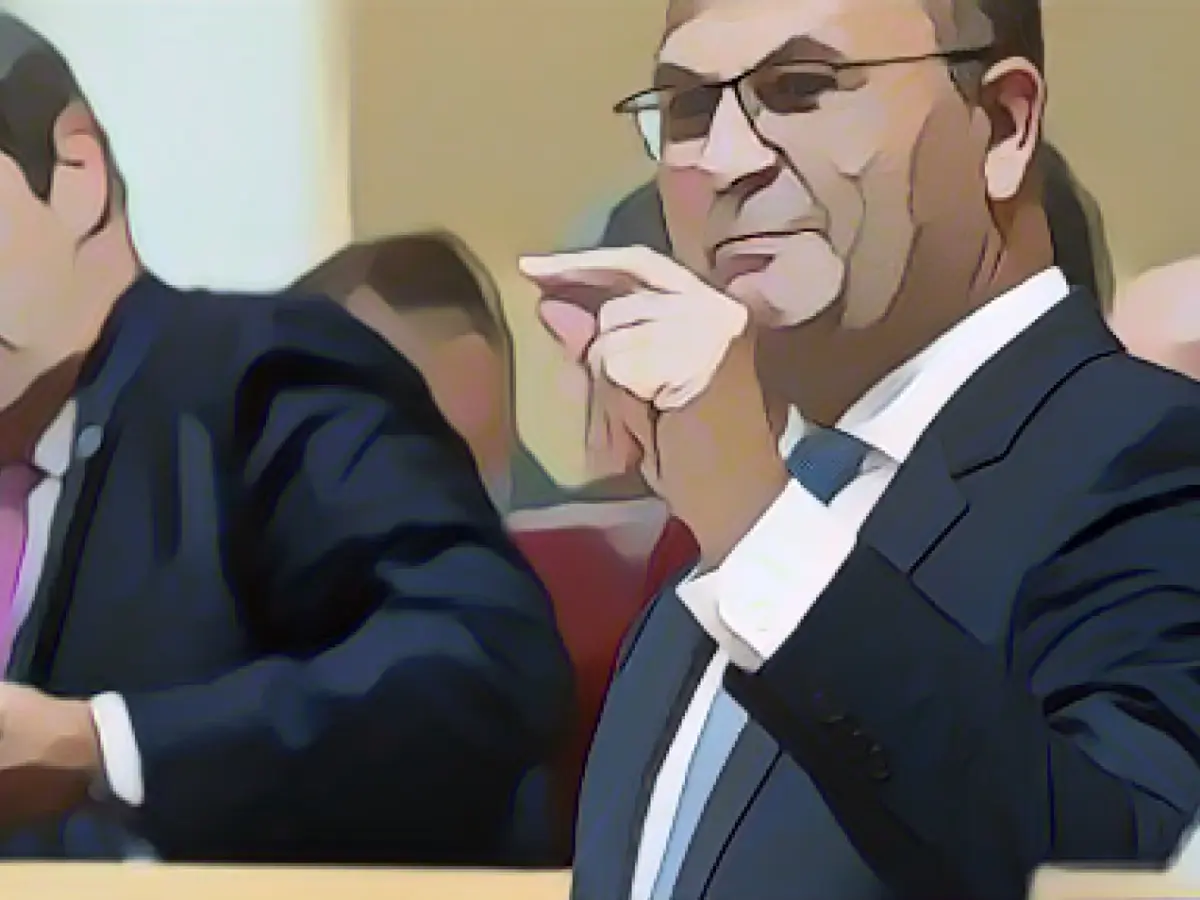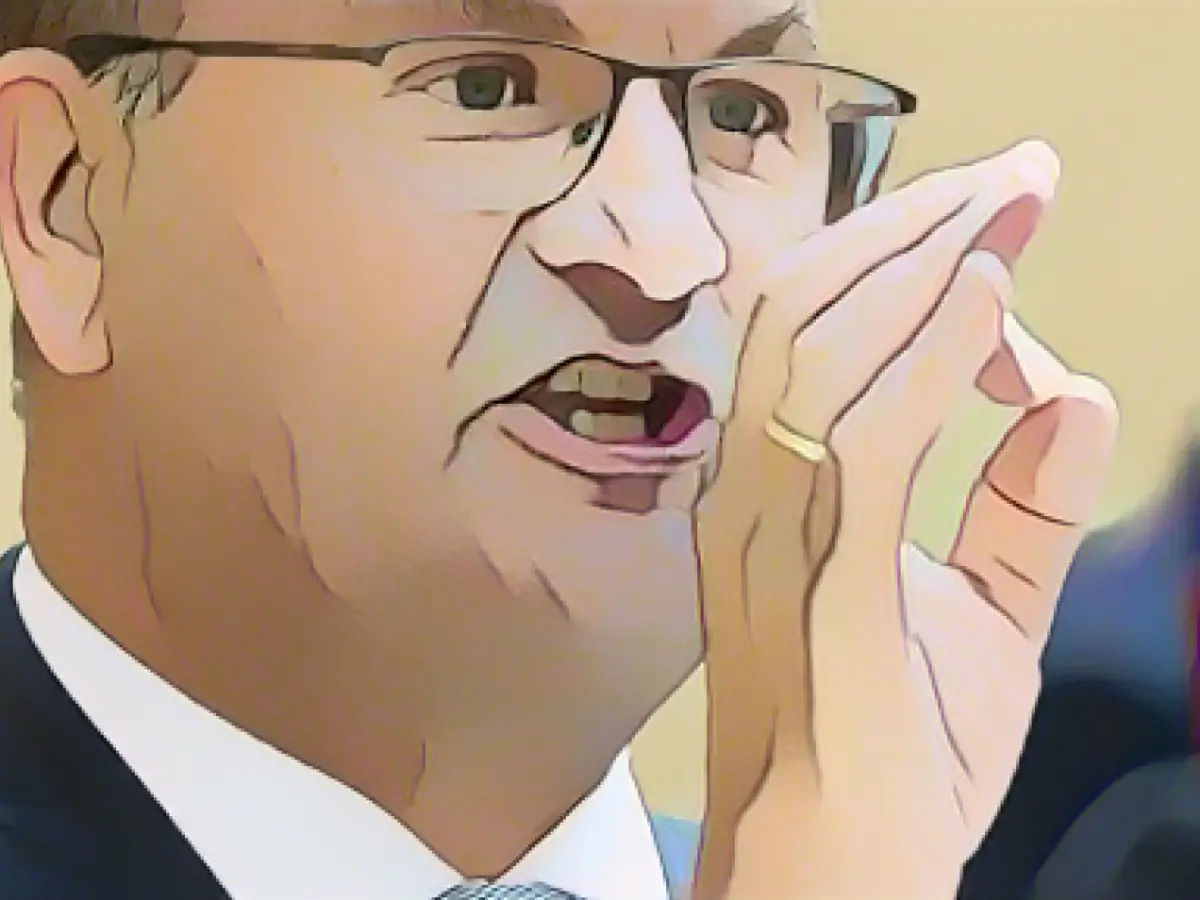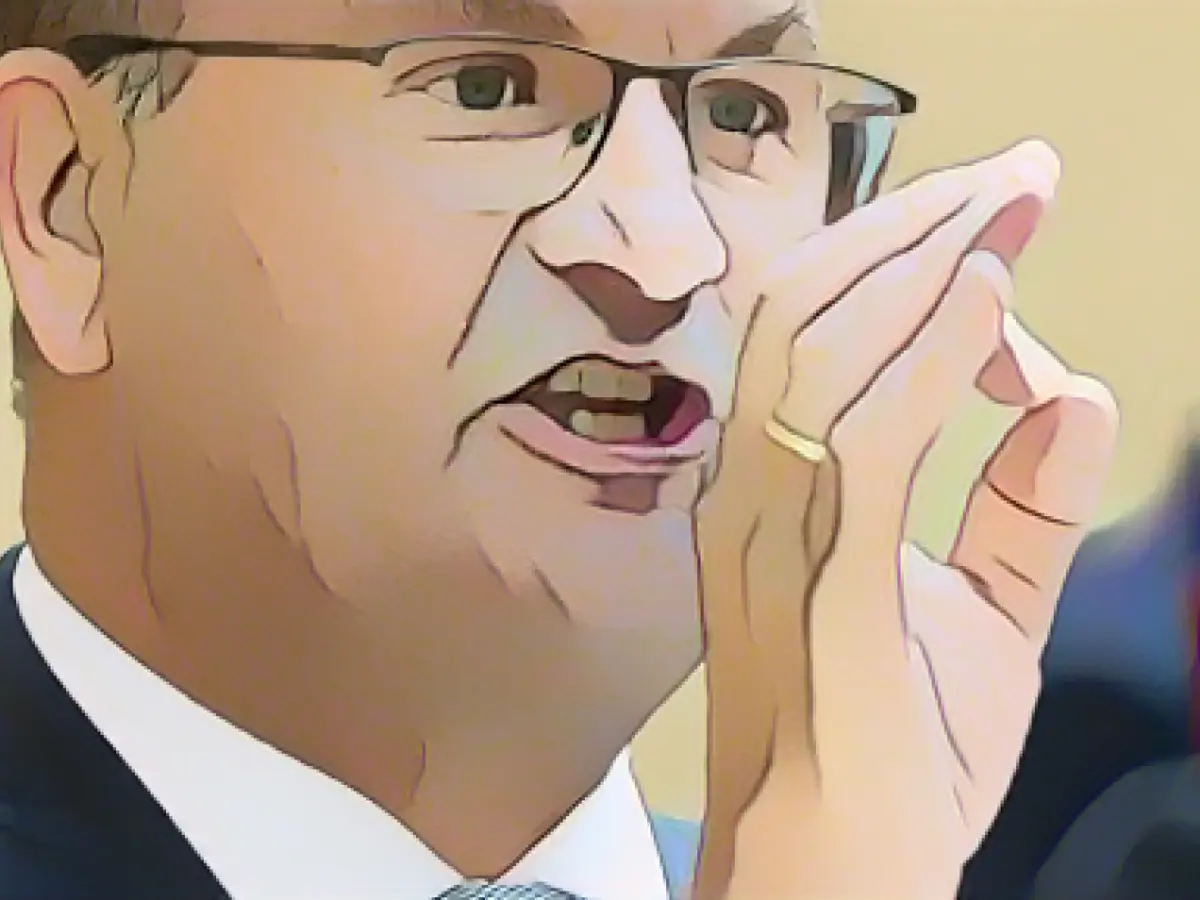Unrelenting Criticism of Budget Compromise Continues in Bavaria
The turbulent dissent from Bavaria towards the budget compromise of the traffic light coalition's cost-saving measures shows no signs of letting up. Finance Minister Albert Füracker (CSU) of Bavaria, vocalizing his ongoing criticism on Thursday in Munich, boldly asserted, "Exactly what we've consistently advocated for is now happening: The populace, farmers, and federal states are being compelled to absorb the blunders of the traffic light coalition. We will not stand for this."
Füracker then cautioned Bavaria regarding its own precarious budget situation. "I want to reiterate that the financial situation of the federal states is also strained. Even Bavaria cannot replace any lost federal funding under any circumstances," he stressed. Federal subsidies for regional transportation, digital coordination, and joint funding for the science sector are among the areas of concern.
"Count on everyone to pay more starting from next year. The sudden CO2 tax hike is an inconvenience for everyone – directly, such as when filling up at the pump and heating, as well as indirectly, through rising food prices," Füracker forecasted, lamenting the fact that those sectors, including agriculture, would be particularly affected. The finance minister ruefully calculated that the agricultural sector, encompassing about 168,000 individuals, faces a substantial burden at the hands of the traffic light coalition chaos. The planned eradication of agricultural diesel tax deductions and the revocation of vehicle tax deductions are the main causes of the agricultural sector's misfortune.
After prolonged negotiations, leaders from the traffic light coalition – consisting of SPD, Greens, and FDP – announced an agreement on the federal budget for 2024 on Wednesday. According to Chancellor Olaf Scholz (SPD), the coalition aims to adhere to their central political objectives while implementing cuts and savings in accordance with the budget ruling handed down by the Federal Constitutional Court. Scholz envisioned the retraction of climate-damaging subsidies, reductions in individual department spending, and cuts to federal subsidies.
Further Reading:
- Despite the continued criticism from Bavaria's CSU finance minister, Albert Füracker, the traffic light coalition leaders announced an agreement on the federal budget for 2024.
- The coalition aim to uphold their central political goals while implementing cuts and savings in response to the Federal Constitutional Court's budget ruling.
- Bavaria remains concerned about potential cuts to regional transportation funds, the digital pact, and joint federal-state funding in the science sector.
- With concerns over agriculture's impact and soaring energy costs affecting households and industries, the coalition faces pressure to reassess their budgeting strategy and policies.
Enrichment Data:
A detailed examination of the budget cuts and savings being implemented by the German traffic light coalition in response to the Federal Constitutional Court's ruling primarily involves the invalidation of the Climate and Transformation Fund. Below are the key points:
- The invalidation of the Climate and Transformation Fund, owing to a court ruling, resulted in the removal of a 60 billion euro fund dedicated to decarbonization policies, causing a significant shift in decarbonization plans.
- This ruling has had a profound impact on both households and industries in Germany. For instance, German households have navigated escalating heating bills due to energy price volatility, leading to intense financial distress, particularly for those in colder regions such as Bavaria.
- German industry, dealing with a 20% competitive threat due to high energy costs, has raised alarm signals, and advocates for a more ambitious industrial policy strategy that integrates the energy and digital transition, necessitating substantial new funding schemes.
- Due to this budget cut, Bavaria may face additional challenges in maintaining the region's economic stability and supporting its industries.
In summary, the invalidation of the Climate and Transformation Fund has led to substantial budget cuts and savings, primarily impacting decarbonization policies. Consequently, various regions and industries in Germany, including Bavaria, have had to contend with increased energy costs and delays in investing in green technologies.








